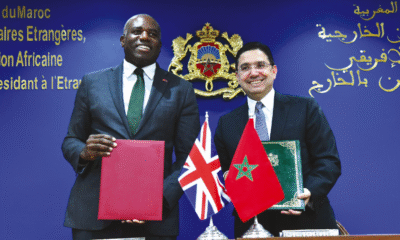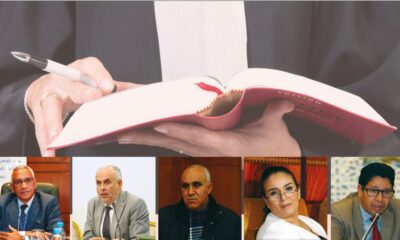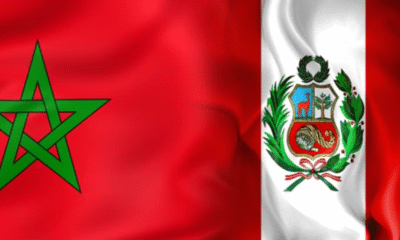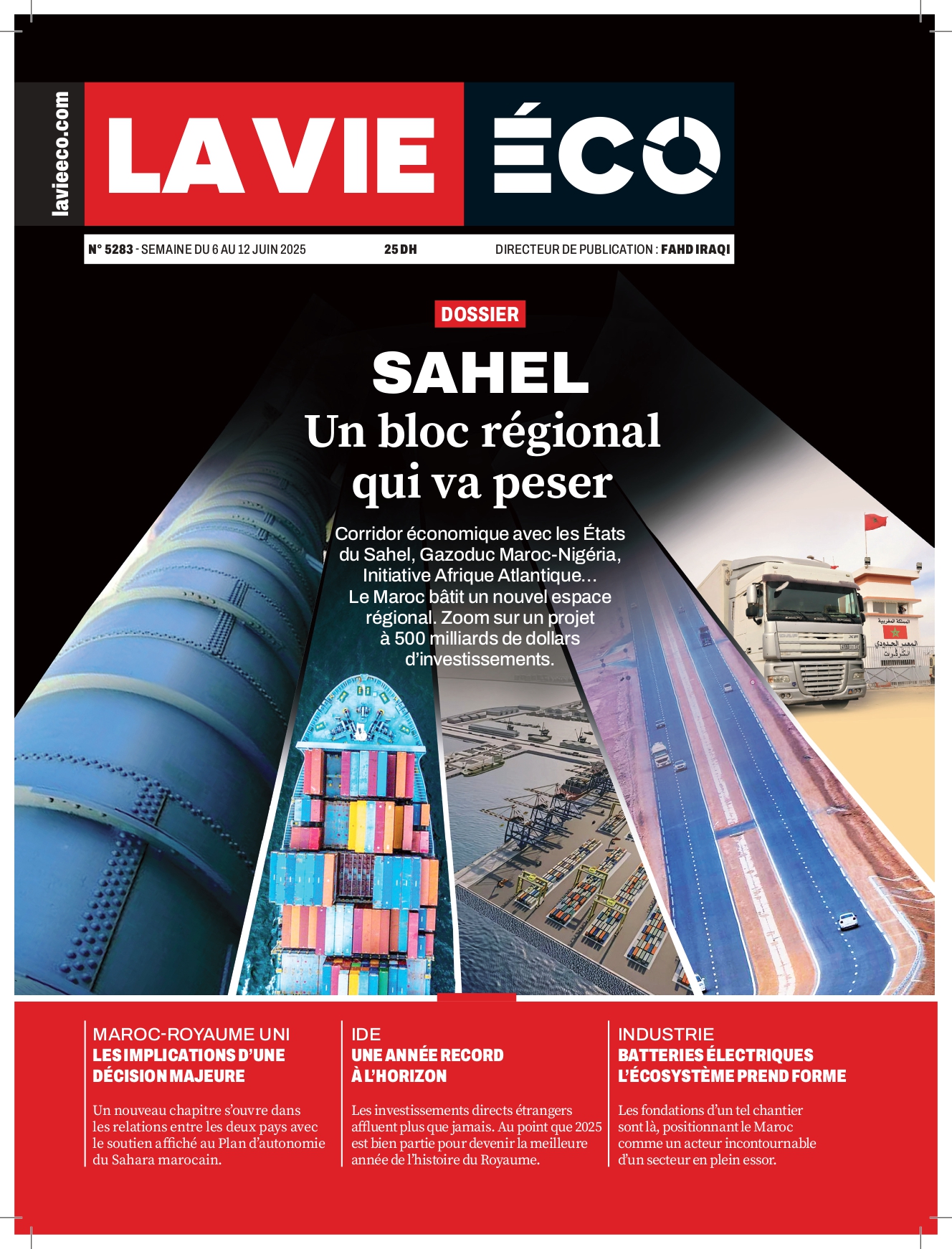Business
Female Entrepreneurship: These Moroccan Tech Ladies!
Start-ups led by women illustrate the remarkable potential of Moroccan female entrepreneurs to drive positive change. At the forefront of innovation, they pave the way for a more inclusive and sustainable economy, where gender parity remains a challenge to be met. Aishore, Sand to Green, Cuimer, Intervalia RH… all these start-ups have one thing in common: they are founded or co-founded by women.

The rise of these start-ups not only illustrates the potential of women entrepreneurs in Morocco but also their ability to drive positive changes in key sectors. Whether in tech, ecology, or services, they are at the forefront of a new era of entrepreneurship, with a significant impact on the Moroccan economy and society. Take the example of Aishore, co-founded by Malika Ahmidouch and specialized in artificial intelligence solutions, which has become a key partner for companies wishing to navigate Cloud and data analysis.
Before embarking on this adventure in 2023, Ahmidouch began her career in the United States in an investment bank, before returning to Morocco where she joined the Intelcia group to lead its IT Solutions subsidiary, contributing to structuring the company’s technological offer. In 2023, bolstered by her successes and knowledge of the growing needs in data management, she decided to fly on her own and co-founded Aishore. Today, the start-up is based in Dubai, United Arab Emirates, and already counts some major references in retail, finance, e-commerce, and telecom sectors.
For her part, Salma Kabbaj, co-founder and CEO of Impact Lab, an African innovation accelerator created in 2015, has been advocating for several years to strengthen the African start-up ecosystem and support the emergence of innovative solutions to the continent’s socioeconomic challenges. Her commitment to developing innovative companies led her to get involved in the Moroccan Federation of the Start-up Ecosystem (MSEC) as a founding member, as well as to hold the position of vice-president of the Start-up and Digital Transformation Commission of the CGEM.
Another example is Wissal Ben Moussa, co-founder of Sand to Green, a start-up specialized in agroforestry. She focuses on transforming arid lands into sustainable agricultural spaces, fitting into an essential ecological approach for the country’s development. Graduated in agronomic industry engineering from IAV Hassan II in Rabat, Wissal developed an early sensitivity to environmental issues. In 2012, she earned a master’s in innovation management at AgroParisTech and started her career in a multinational agro-food company. Faced with the ecological limits of this sector, she chose to redirect her path. Her return to Morocco marked the beginning of her entrepreneurial adventure, with the desire to reconcile her ecological convictions and a sustainable vision of agriculture.
In fact, there is no shortage of examples illustrating the growing impact of women in Moroccan entrepreneurship. Whether through technological innovation, ecological transformation, or support for start-up ecosystems, these entrepreneurs demonstrate that they are key players of change and open the way for a new generation of women leaders, ready to meet tomorrow’s challenges while contributing to Morocco’s sustainable and inclusive development.
Parity Still Under Construction
Despite some notable progress, parity in entrepreneurship, especially in the tech sector, remains a distant goal. The tech industry, expanding for several decades, still suffers from insufficient female representation, especially in leadership positions. Overall, only 25% of tech jobs are held by women, a figure well below their presence in the global workforce. In the United States, this percentage barely reaches 28%, a figure reflected in Europe, although disparities exist according to subsectors such as artificial intelligence or cybersecurity.
The situation is even more worrying in leadership. According to a McKinsey study, only 15% of executive positions in tech companies are held by women, a figure that drops to 5% for CEOs of large listed companies. In 2023, only 10% of CEOs of the 500 largest American companies are women, an even lower proportion in tech.
Several factors contribute to this imbalance. The gap starts in higher education: STEM fields (science, technology, engineering, and mathematics) remain male-dominated. In 2022, women represented only 35% of STEM graduates worldwide. Once in the workforce, they face gender stereotypes, non-inclusive work environments, and persistent wage gaps.
The famous «glass ceiling» is particularly palpable in tech. Even when women reach mid-level positions, they struggle to access the highest decision-making levels. Informal mentoring networks, often male-dominated, constitute an additional barrier to their progress. In Morocco, the situation is similar. Although initiatives exist to encourage women’s access to STEM fields, they remain underrepresented in cutting-edge sectors. Less than 30% of engineering and computer science students in Morocco’s top schools are women. Once in the workforce, they continue to face the same obstacles: stereotypes, difficulties balancing career and family life, thus hindering their professional ambitions.
Initiatives to Break the Glass Ceiling
In Morocco, several initiatives aim to strengthen female presence in the tech sector. Among them, Women in Tech Morocco stands out for its commitment to promoting female careers in technology and digital fields. This network offers mentoring programs, training, and events to create opportunities for Moroccan women in tech. It also strives to connect students, professionals, and entrepreneurs with local actors to encourage greater female representation in this sector.
Another notable initiative is WoGiTech (Women & Girls in Tech), which seeks to improve diversity in tech by organizing events and providing visibility platforms for young Moroccan innovators. By participating in international meetings like VivaTech, this collective contributes to the digital empowerment of young girls in Morocco. These actions take place in a broader context where diversity and inclusion are central issues, notably supported by large international groups such as Google and Microsoft, which extend their impact through local partnerships to encourage women in tech careers.













